They are often used in gingerbread cookies, stews or mulled wine. And for a good reason. Those typical winter herbs and spices can perform “winter wonders”. More energy and warmth. Put these six herbal classics in your tea, throw them in your pan, in your bath or drip them as an essential oil on a burner.
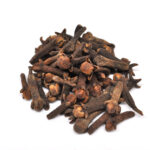 1. Cloves
1. Cloves
Cloves are not only delicious in mulled wine and stews, but can also keep germs at distance. There is a lot of health in such a tiny clove. Think of magnesium, calcium, manganese and vitamin C. So yes, keep cooking with it.
And does everyone around you have the flu or a cold? Then spray a mixture of cinnamon, cloves, eucalyptus, lemon and rosemary on a burner. That smells great, helps the resistance and cleans and supports your lungs.
Cloves also soothe your toothache and are antiseptic. This is due to the substance eugenol, which has a slightly narcotic effect. It takes some of the pain away, but it doesn’t cure. So you still have to enlist the help of your dentist.
2. Rosemary
Rosemary is one of the best known of all winter herbs. Not surprising, because this herb is known for its warming qualities. For example, a bath with rosemary is ideal for cranking up your blood flow. Not only the warm bath water, but also the rosemary itself ensures that you become less cold and you feel more energetic.
Inhaling the rosemary essential oil is soothing for a cold, as it can dissolve mucus in your airways. How do you prepare such a rosemary bath? Take a handful of fresh rosemary and boil it in half a liter of water for ten minutes. Strain the decoction and add this to your bath water.
And do you ever drink rosemary tea? A cup of rosemary tea can lift your mood. This is how you prepare rosemary tea: use a teaspoon of rosemary needles on a quarter liter of boiling water. Let it steep for a few minutes and drink it. This is also a great helping hand in case of a cold.
3. Cranberries
We eat these “Christmas berries” a lot at Christmas, which is crazy. Because they actually deserve a place in your kitchen all winter long. The berries contain many different vitamins and minerals. Many of these minerals also play an important role in the transport of energy and let’s be honest: we can all use an extra portion of energy in the winter.
Cranberries contain a lot of vitamin C and antioxidants, which are effective against cystitis, flu and colds. Research shows that drinking 240 milliliters of pure cranberry juice per day can reduce the number of urinary tract infections, or cystitis, by about 40 percent. Be warned: it is very, very sour.
4. Cinnamon
Our hearts make a dance of joy to the scent of warm apples with cinnamon. Feel free to sprinkle lavishly with this winter herb: because cinnamon tastes so powerful, you usually use less sugar. Cinnamon is healthy; it is often found in home remedies for the flu and cold, as it supports your immune system. A cup of cinnamon tea after a meal helps digestion and can be used against diarrhea and flatulence. Finally, cinnamon is full of antioxidants and helps keep you young for longer.
Fine lines around your lips? Then try this homemade “cinnamon gloss”. Mix a teaspoon of olive oil with a pinch of cinnamon and apply it regularly to your lips.
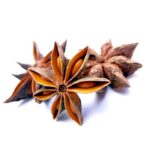 5. Star anise
5. Star anise
Star anise is known in Chinese medicine as a warming spice. Ideal as a kitchen stove for cold colors. Star anise is also said to help with typical resistance ailments such as the flu, cold and cough. And, always handy, star anise contributes to fresh breath.
Here an ideal winter tea for the flu and cold: put two star anise fruits, a piece of fresh ginger of about four centimeters and a cinnamon stick in a large teapot. Pour 1.2 liters of boiling hot water into this and let everything steep for ten minutes. You can optionally add your own favorite black, green or rooibos tea.
6. Ginger
Ginger is your root-shaped first aid kit. Good with flu and cold, inflammation, nausea and headaches. Pimple? A slice of ginger on it is said to work wonders. Catch a cold? As soon as the first sneeze announces, it is time to make your own ginger infusion.
Here’s how to make the best ginger tea: Peel a thumb-sized piece of fresh ginger, slice it and place in a pan. Pour half a liter of boiling water on top and bring it to the boil. Let it simmer for ten minutes with the lid on the pan and throw everything through a fine sieve. Squeeze a lemon and add the juice to your tea. Optionally you can add a spoonful of honey. And keep cooking with fresh ginger. There are many vitamins (A, C, E, B) in magnesium, iron, zinc, calcium and beta carotene.
Recipes:
Effective remedy for flu and colds.
- 1 clove of Garlic
- juice of a whole lemon
- 1 to 2 teaspoons of Honey
- slice of ginger root
Mash the garlic clove together with the slice of ginger root and put it in a glass, add the honey and lemon juice, fill the glass with hot water, stir well and drink. Repeat this 3 times a day and you will quickly feel your resistance improve.

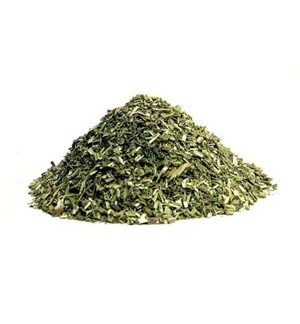
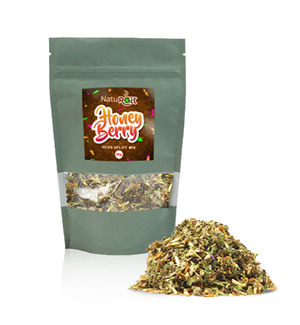
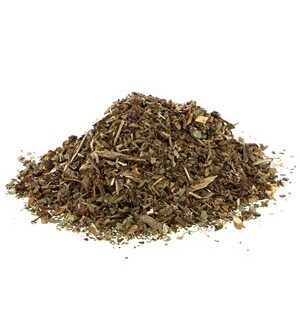
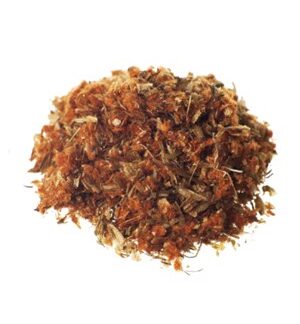
Appreciate you sharing, great blog article. Really thank you! Cool. Kaylee Harry Fleurette